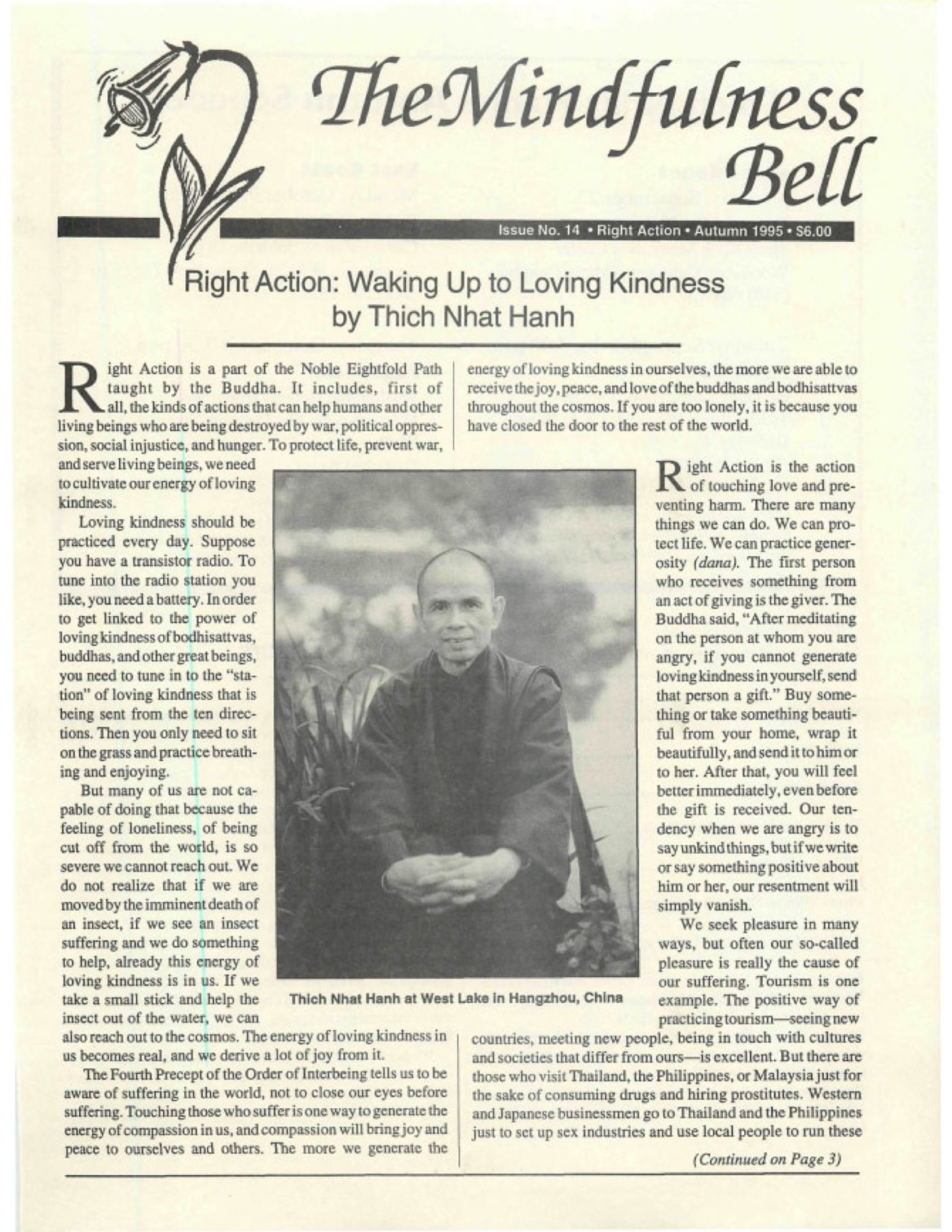By Svein Myreng
The great hero of Norwegian folktales, Espen the Ash Lad, got his name because he sat in front of the fireplace day in and day out. Not your most productive activity, but Espen’s renowned kindness and inventiveness must have originated during these idle moments in front of the fire.
We often have an idea of time as something finite that we have to use as fully as possible while we have it.
By Svein Myreng
The great hero of Norwegian folktales, Espen the Ash Lad, got his name because he sat in front of the fireplace day in and day out. Not your most productive activity, but Espen's renowned kindness and inventiveness must have originated during these idle moments in front of the fire.
We often have an idea of time as something finite that we have to use as fully as possible while we have it. But, paradoxically, the more we fill our time with activity, the more it shrinks and disappears. Contemporary society pushes us into many frantic activities. Still, as I sit writing this on my veranda, the birds and blue sky remind me that life's greatest treasures are free. By cutting down on work, meetings, and organized activities that aren't really necessary, we give ourselves the chance to relax. Then, we can see what brings us peace and how much time we spend running away from difficulties or preserving our self-image. Our value in life doesn't depend on cleverness, what we own, or what we do, but most of us have a deep belief that these are the things that justify our existence. We need to look more deeply to get in touch with what we really enjoy and what is really good for us, and we need the courage to follow our insights.
We also need to get in touch with our lazy nature. Like Espen the Ash Lad, who spent countless hours looking into the fireplace, I have used illness to make myself stop and experience periods of inactivity. Whenever I get too caught up in busy living and ignore the signals from my body and soul, bad colds or flu take over. So I have no choice but to be in touch with my needs, and I don't experience this so much anymore. I seem to be more lazy and energetic at the same time! A more relaxed and mindful life diminishes our energy leaks (asrava), the drain that comes when our mind constantly chases ideas, desires, and projects.
The world is full of suffering, so how can we justify a lazy, relaxed lifestyle? The question is rather, in what ways do our fast lifestyles and forced activity contribute to the ills of the world? Western consumerist lifestyles lay waste to the Earth, while not bringing true happiness to anyone. The prestige carried by our culture also creates a strong incentive for materialism and injustice in poorer parts of the world. By lazily going against the stream of consumerism—and showing ways to true joy—we are doing something very useful. More relaxed and simple in our lifestyle, we may be surprised to find ourselves drawn more to give our time, energy, and material resources to beings and situations that truly need us.
Svein Myreng, True Door, is a teacher in Oslo, Norway.

